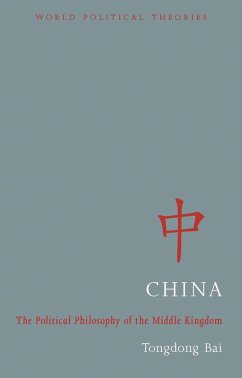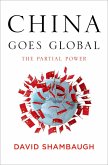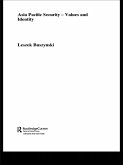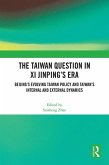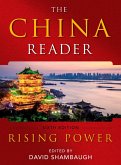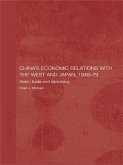China is a rising economic and political power. But what is the message of this rise? Tongdong Bai addresses this increasingly pressing question by examining the rich history of political theories and practices from China's past, and showing how it impacts upon the present.
Chinese political traditions are often viewed negatively as 'authoritarian' (in contrast with 'Western' democratic traditions), but the historical reality is much more complex and there is a need to understand the political values shaping China's rise. Going beyond this, Bai argues that the debates between China's two main political theories - Confucianism and Legalism - anticipate themes in modern political thought and hence offer valuable resources for thinking about contemporary political problems.
Part of Zed's World Political Theories series, this groundbreaking work offers a remarkable insight into the political history and thought of a nation that is becoming increasingly powerful on the world stage.
Chinese political traditions are often viewed negatively as 'authoritarian' (in contrast with 'Western' democratic traditions), but the historical reality is much more complex and there is a need to understand the political values shaping China's rise. Going beyond this, Bai argues that the debates between China's two main political theories - Confucianism and Legalism - anticipate themes in modern political thought and hence offer valuable resources for thinking about contemporary political problems.
Part of Zed's World Political Theories series, this groundbreaking work offers a remarkable insight into the political history and thought of a nation that is becoming increasingly powerful on the world stage.

